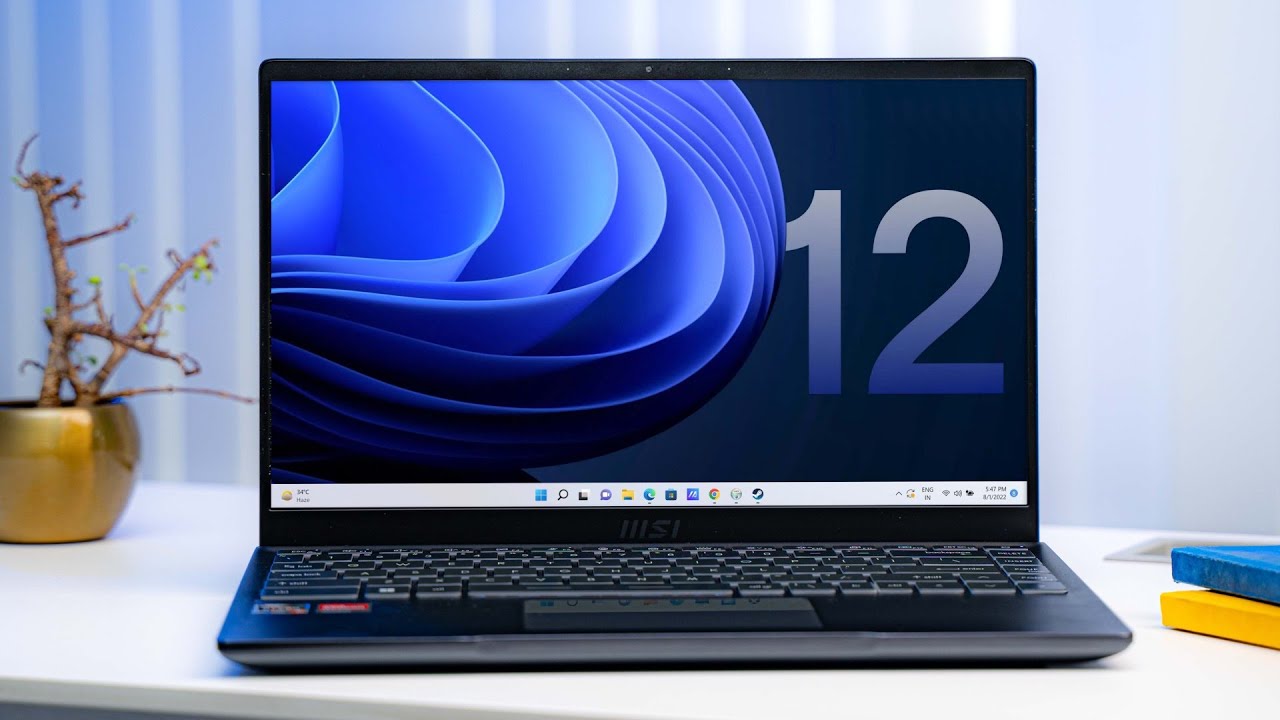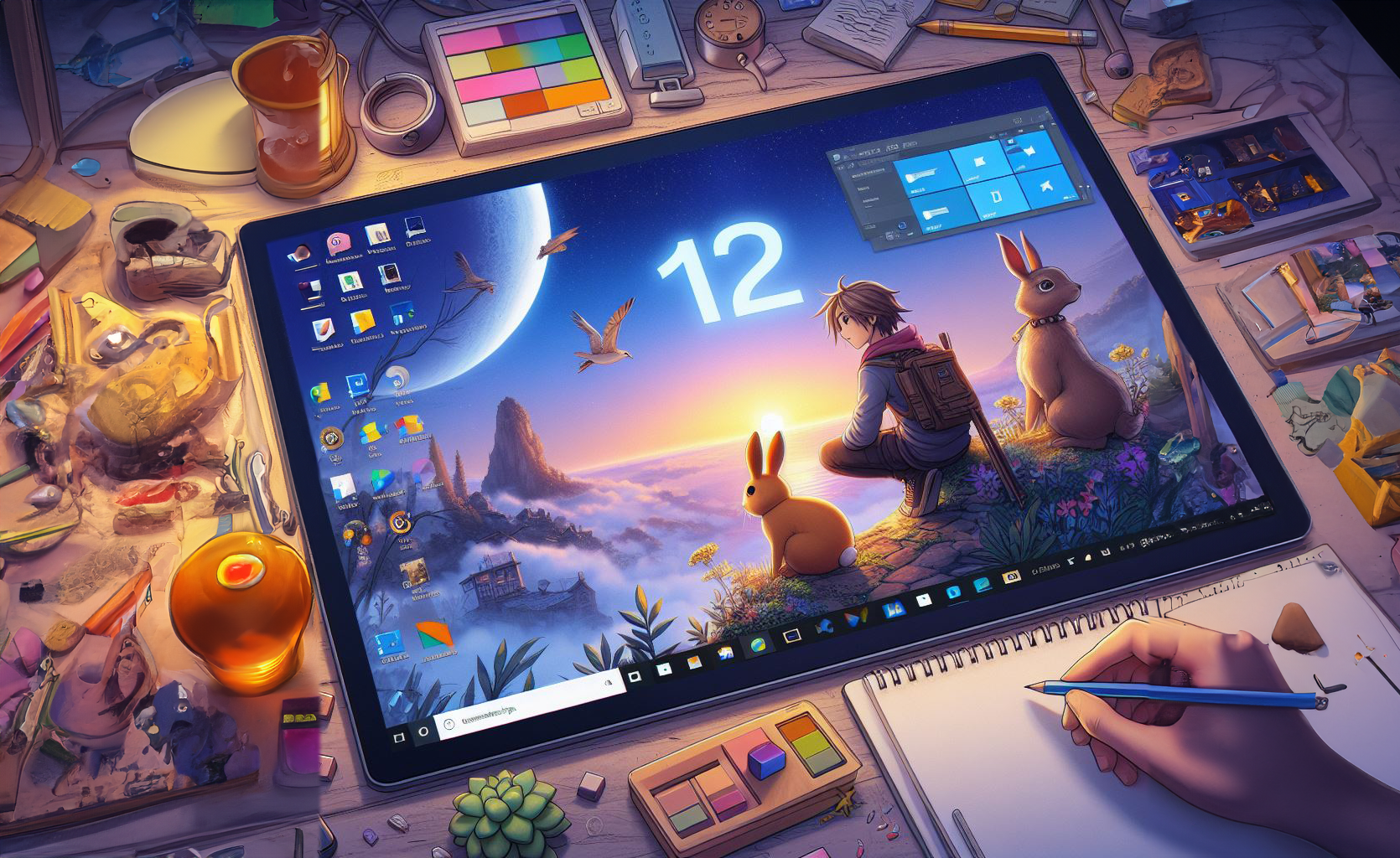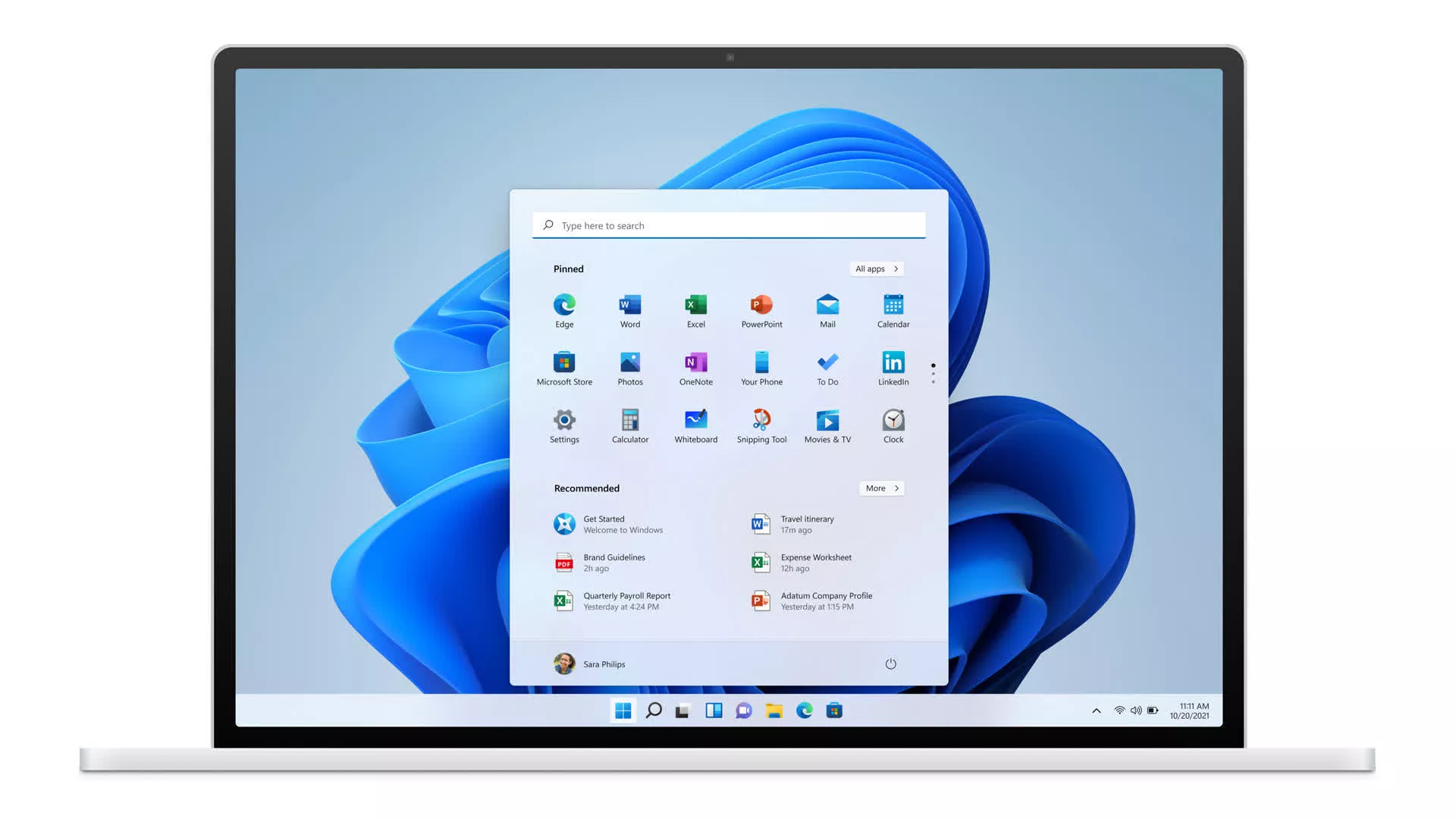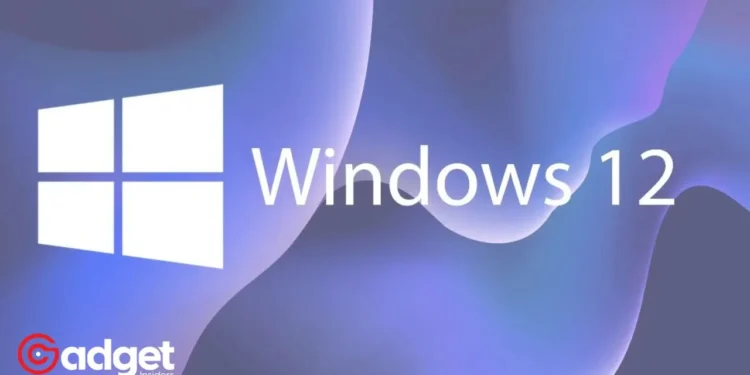In an era where technology evolves at an unprecedented pace, the advent of “AI PCs” marks a significant milestone in computing. With Microsoft at the helm, the upcoming Windows 12 is poised to redefine the landscape of personal computing.
As we inch closer to its anticipated 2024 release, the ripple effects of this evolution are becoming increasingly apparent, signaling a major shift for new PCs This article delves into the heart of these changes, unpacking what this means for consumers and the industry at large.

A Leap into the Future: Windows 12 Raises the Bar
Recent reports have shed light on Microsoft’s ambitious plans for Windows 12, revealing a strategic move to increase the minimum specifications required to run the operating system. According to a detailed analysis by Trendforce, a notable shift is on the horizon with the base memory requirement set to soar to 16GB.
This adjustment is not merely a numbers game; it aligns with Microsoft’s vision for integrating its AI assistant Copilot into the user experience, ensuring it operates with minimum efficiency.
This decision underscores a broader trend towards more powerful, AI-driven PCs. Historically, Microsoft’s operating systems have maintained relatively low minimum requirements, with Windows 11 and Windows 10 requiring 4GB and 1-2GB of memory, respectively.
The leap to 16GB represents a significant escalation, reflecting the growing demands of advanced computing tasks and AI applications.

The AI PC Era: What It Means for Manufacturers and Consumers
The implications of Windows 12’s updated specifications extend far beyond memory requirements. They signal a redefinition of what constitutes an “AI PC.” Manufacturers like Intel, AMD, and Qualcomm are already responding, announcing new systems on a chip (SoCs) designed to meet these elevated standards.
These SoCs, measured in “TOPS” (trillions of operations per second), are essential for powering the next generation of AI PCs. With Microsoft setting a benchmark of 40 TOPS for Windows 12 compatibility, only the most advanced chips will be cut.
This includes the upcoming Lunar Lake CPUs from Intel and Qualcomm’s Snapdragon X Elite chip, highlighting a competitive race toward AI readiness.
This shift is not just about hardware; it’s a reflection of a broader industry movement toward AI integration. Windows, as a pivotal connector in the computing ecosystem, plays a crucial role in shaping how this new landscape unfolds.
The move towards AI PCs signifies a departure from the traditional upgrade path, where consumers might have opted to update their operating system on existing hardware. With Windows 12, the expectation is that users will gravitate towards purchasing new devices outright, equipped to handle the demands of AI-driven applications.
Windows 12 will be launched with a raft of AI PCs in June 2024, according to Taiwan’s Commercial Times https://t.co/t0TRzOq8qV pic.twitter.com/Jcr8JfCdJC
— Tom's Hardware (@tomshardware) December 1, 2023
Navigating the Transition: Challenges and Opportunities
The transition to AI PCs, while exciting, is not without its challenges. For consumers, the shift may entail higher upfront costs as 16GB of memory becomes the new baseline for entry-level devices. This could potentially reshape consumer behavior, with decisions increasingly influenced by a device’s AI capabilities.
For manufacturers, the pressure is on to innovate, not just in terms of chip performance but also in making AI technology accessible to a broader audience.
Despite these hurdles, the move towards AI PCs opens up a realm of possibilities. From enhanced productivity tools powered by AI assistants to more immersive entertainment experiences, the potential applications are vast.
As Microsoft and other industry players navigate this transition, the focus will be on balancing innovation with inclusivity, ensuring that the benefits of AI PCs are within reach for everyone.

Windows 12: The Future Is AI
As we stand on the brink of the AI PC revolution, it’s clear that Windows 12 will play a pivotal role in shaping this new era. With higher specifications and a focus on AI readiness, the landscape of personal computing is set to undergo a profound transformation.
For consumers, the journey towards embracing AI PCs will be marked by excitement and adaptation. For the industry, the challenge will be to drive this evolution forward, making AI not just a feature but a cornerstone of the computing experience.
As we look ahead, the promise of AI PCs beckons, heralding a future where technology and intelligence converge to unlock new possibilities.










